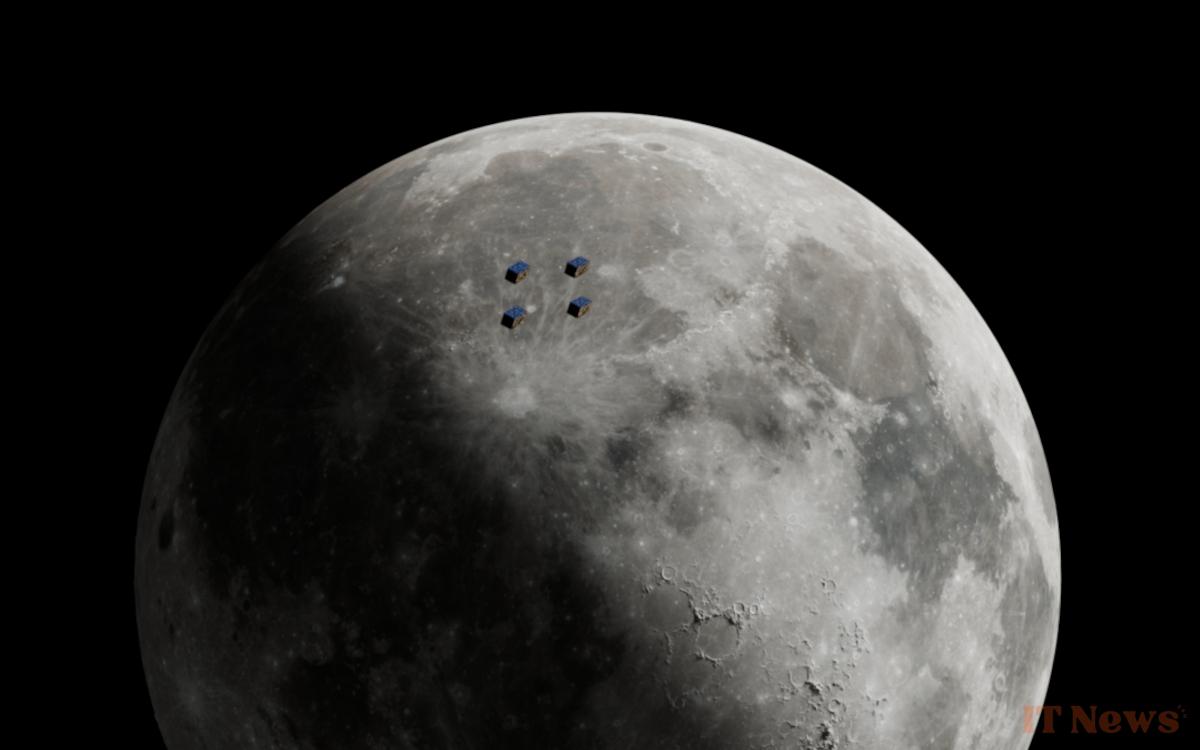A European space project aims to unravel the mysteries of the origins of the universe. A novel solution will be placed in orbit around the Moon to capture radio signals invisible from Earth. New discoveries could change our understanding of the cosmos.
Exploring the universe as it was before the birth of the first stars is a major goal for researchers. This period, called “ Dark Ages corresponds to a time when no light yet came from stars or galaxies. Scientists are seeking to capture the faint radio waves from this era to better understand the evolution of the cosmos. However, the Earth is today saturated with electromagnetic interference, which makes these observations almost impossible from the ground.
To overcome these limitations, the Italian Space Agency has entrusted Blue Skies Space and OHB Italia with the mission of developing RadioLuna. This project involves the deployment of a fleet of small satellites around the Moon. These will attempt to capture extremely weak radio signals from the young universe, at an estimated time of more than 13 billion years. The far side of this star, protected from terrestrial radio noise, offers an ideal environment for this unique experiment.
RadioLuna aims to map the early universe using a constellation of satellites
The satellites used will be of the cubesats type, manufactured with standard components to limit costs. This approach will make it possible to send several units into lunar orbit while maintaining a simple and modular structure. From this privileged location, RadioLuna will be able to listen to the echoes left by the formation of the universe and create unprecedented maps of this dark period. If the first tests are conclusive, this technology could pave the way for a new generation of economical space observatories.
The RadioLuna project is part of a broader dynamic that aims to develop a real economy around the Moon. Initiatives like ESA Moonlight or NASA Artemis plan to install lunar communication and transportation infrastructure, thus facilitating scientific missions like this one. To date, neither the budget nor the precise launch date have been announced. If the results are there, this project could greatly enrich our knowledge of the birth of the cosmos.
Source: Blue Skies Space




0 Comments